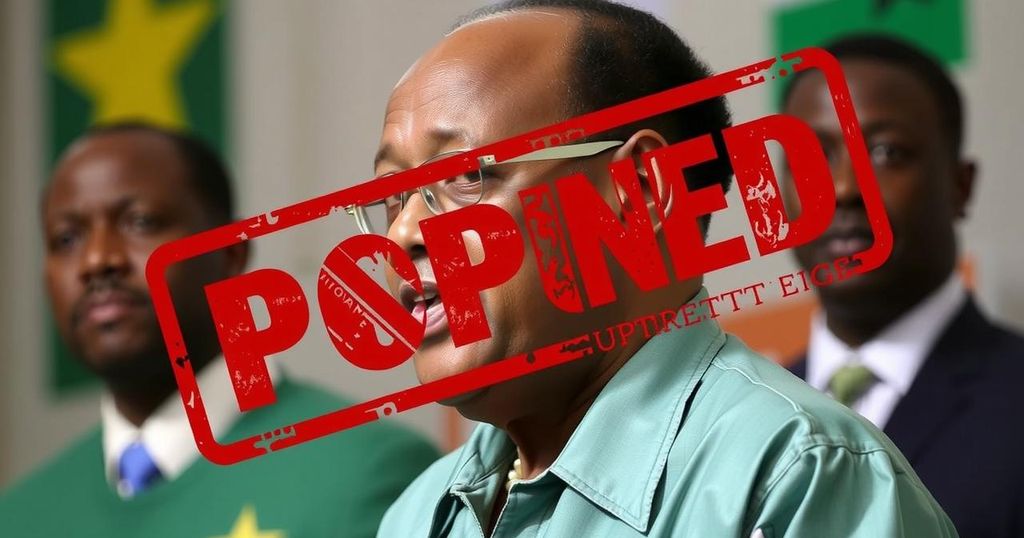Togo Postpones Inaugural Senate Elections to Allow Political Preparation

Togo has postponed its first senatorial elections to February 15 to allow political parties more time to organize. Campaigning will begin on January 30. The elections are significant as part of implementing a controversial new constitution that has faced opposition criticism, with some parties planning to boycott. The Senate, established by a 2002 constitutional revision, will finally convene, potentially impacting the political landscape in Togo.
Togo has postponed its inaugural senatorial elections to February 15, as announced in a presidential decree released on Friday evening. This decision aims to provide political entities with additional time to organize and prepare effectively. Campaigning for the elections is set to commence on January 30. The senatorial elections represent a significant step toward the realization of a new constitution that has faced substantial criticism from opposition groups and civil society organizations.
Several political parties expressed the necessity for the postponement, arguing that extended time would facilitate the registration of candidates. Despite this development, prominent opposition factions, notably the National Alliance for Change (ANC), have declared their intention to abstain from participating, viewing the elections as part of a broader “constitutional coup d’état.”
Established by constitutional amendment in 2002, the Senate has remained unformed until now. The future Senate will consist of 61 members, with 41 senators elected by regional and municipal councilors, while the President of the Council of Ministers will appoint the remaining members. The revised constitution will replace the direct election of the head of state with a parliamentary system, a move criticized as a means for President Faure Gnassingbé to maintain prolonged control over the nation.
President Gnassingbé leads the ruling party, UNIR, which secured 108 out of 113 legislative seats in the April 2024 elections. He has governed Togo since 2005, succeeding his father, who had held power for 38 years. This confluence of events marks a critical moment in Togo’s political landscape, as citizens and political factions navigate the implications of the upcoming elections and constitutional changes.
Togo’s upcoming senatorial elections are a pivotal moment in the country’s political development, particularly following the revision of its constitution. The changes enable a restructured governance system, which has provoked significant opposition from various political groups. The elections are crucial for the establishment of a Senate that has been constitutionally mandated since 2002 but never convened. The situation will test the political dynamics and the public’s reception of ongoing governance reforms under the Gnassingbé administration.
The postponement of Togo’s senatorial elections to February 15 underscores the complexity of the political environment, marked by tensions between the ruling party and opposition movements. As campaigning begins on January 30, the potential boycott by major opposition parties highlights deep-seated concerns regarding the legitimacy of the electoral process and the implications of the newly revised constitution. The outcome of the elections will not only shape Togo’s governance but also reflect the public’s stance on President Gnassingbé’s increasing grip on power.
Original Source: www.barrons.com






